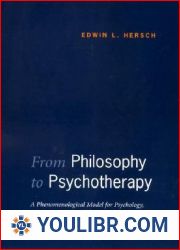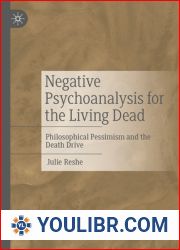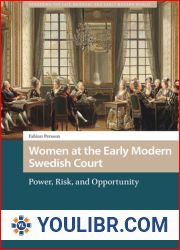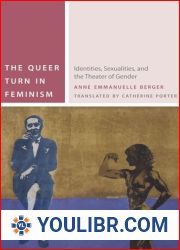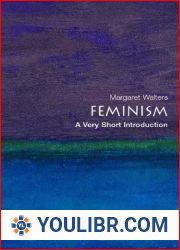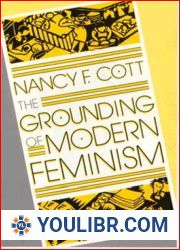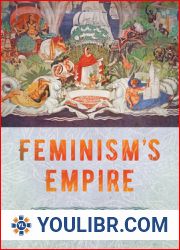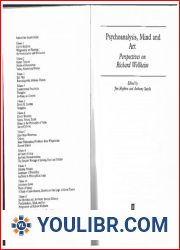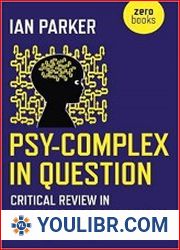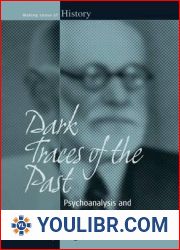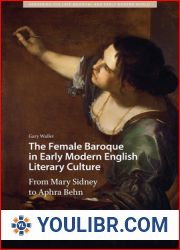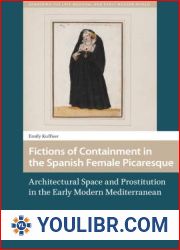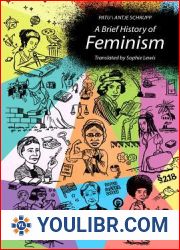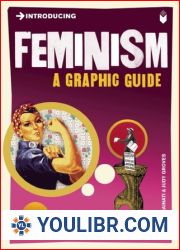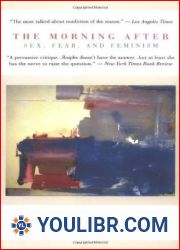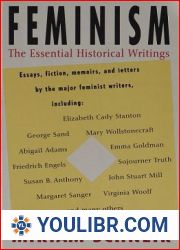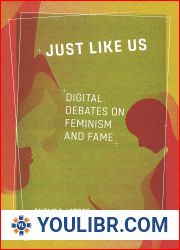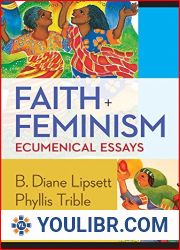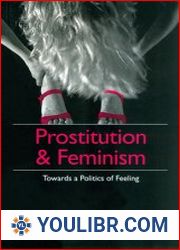
BOOKS - The Gendering of Melancholia: Feminism, Psychoanalysis, and the Symbolics of ...

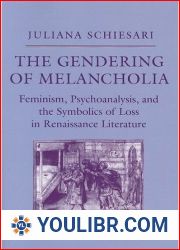
US $9.93

517102

517102
The Gendering of Melancholia: Feminism, Psychoanalysis, and the Symbolics of Loss in Renaissance Literature
Author: Juliana Schiesari
Year: May 26, 1992
Format: PDF
File size: PDF 16 MB
Language: English
Year: May 26, 1992
Format: PDF
File size: PDF 16 MB
Language: English
The pantheon of renowned melancholics-from Shakespeare's Hamlet to Walter Benjamin-includes no women, an absence that in Juliana Schiesari's view points less to a dearth of unhappy women in patriarchal culture than to the lack of significance accorded to women's grief. Through penetrating readings of texts from Aristotle to Kristeva, she illuminates the complex history of the symbolics of loss in Renaissance literature. The pantheon of renowned melancholics-from Shakespeare's Hamlet to Walter Benjamin-includes no women, an absence that in Juliana Schiesari's view points less to a dearth of unhappy women in patriarchal culture than to the lack of significance accorded to women's grief. Through penetrating readings of texts from Aristotle to Kristeva, she illuminates the complex history of the symbolics of loss in Renaissance literature. Schiesari first considers the development of the concept of melancholia in the writings of Freud and then surveys recent responsesby such theorists as Luce Irigaray, KaJa Silverman, and Julia Kristeva. Schiesari provides fresh interpretations of works by Aristotle, Hildegard of Bingen, and Ficino and she considers women's poetry of the Italian Renaissance, key works by Tasso and Shakespeare, and the writings of Walter Benjamin and Jacques Lacan. According to Schiesari, male melancholia was celebrated during the Renaissance as a sign of inspired genius, at the same time as public rituals of mourning led by women were suppressed. The Gendering of Melancholia will be stimulating reading for scholars and students in the fields of feminist criticism, psychoanalytic and literary theory, and Renaissance studies, and for anyone interested in Western cultural history.












